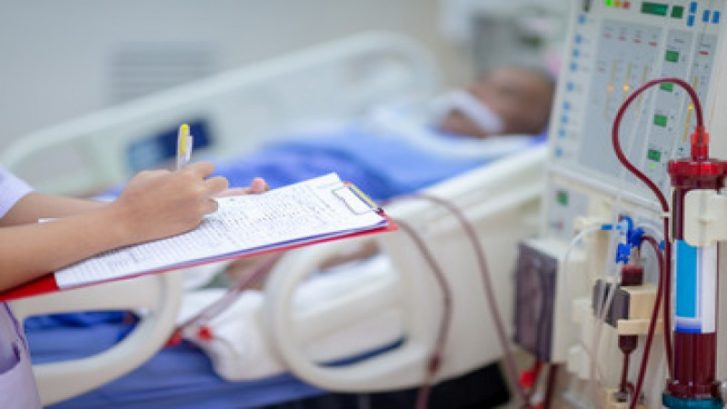The Before and After of Kidney Transplant Surgery
Kidney transplant is a common surgery in India today. A lot of patients from around the world travel to the country to get various medical procedures related to the kidney here. This is probably because the medical cost in India is cheaper than other countries like the US or the UK.
Kidneys play a vital role in our body. They are responsible to filter waste from our body and dispose of it in the form of urine. If your kidney doesn’t perform this basic function, it results in kidney failure. Fortunately, with the advancement in the medical industry, kidney failure treatment in India is easy. Patients need to undergo kidney transplant, in which the diseased kidney is replaced by a healthy one with the help of a donor’s kidney. However, finding a suitable donor is a challenge. Once a suitable donor is available, the transplant centre will notify the patient and the surgery can be performed.
Before the Kidney Transplant Surgery
Even though kidney transplant is a common procedure, there are various risks attached to the surgery. Hence, patients need to follow some general instructions before they get admitted to the hospital. They should not consume any food or water for a certain number of prescribed hours before the surgery. Also, the patient needs to take prescribed medicines all along the treatment. Make sure, you should always carry all your previous medical records every time you visit the doctor or even right before your surgery. There are basic tests that are performed before the surgery, even if they have been previously performed. Every test would confirm the current condition of your body and about new developments since the last results.
During the Kidney Transplant Surgery
Kidney transplant surgery is conducted in three stages. In the first stage, a small incision is made in the lower abdomen. After the incision is made, either one of the diseased kidney or both the diseased kidneys are taken out from the body and replaced with the donor’s kidney. Sometimes, the original kidneys are left where they were if they are harmless or spreading any infection in the body. In the second step, the donor’s kidney is connected to blood vessels to ensure regular blood supply which is necessary for the kidneys to function properly. In the last step, a urethra is attached to the new kidney until the kidney starts functioning properly on its own. It is a long tube that carries urine to the bladder which is later removed after eight to twelve weeks. Once the kidneys start functioning properly, the incision is closed. The whole procedure usually takes three to four hours to finish.
After the Surgery
Once the surgery is over and the effects of anaesthesia wear down, you will probably experience some pain. Though you would be provided some kind of painkillers, yet will feel some amount of pain. You would be prescribed a new set of medications that help your immune system accept the donor organ and not reject it.
In most cases, the donor’s kidneys start to perform immediately and you would be required to stay in the hospital for a week. Doctors would also perform certain tests after the surgery to ensure everything is working fine. If there are no serious concerns observed post the procedure, the surgery is considered successful and you can expect to lead a normal life after a few months.
Kidney failure treatment in India is easy only if you are regular with check-ups and tests. You need to take regular medicines and only consume the prescribed diet.

